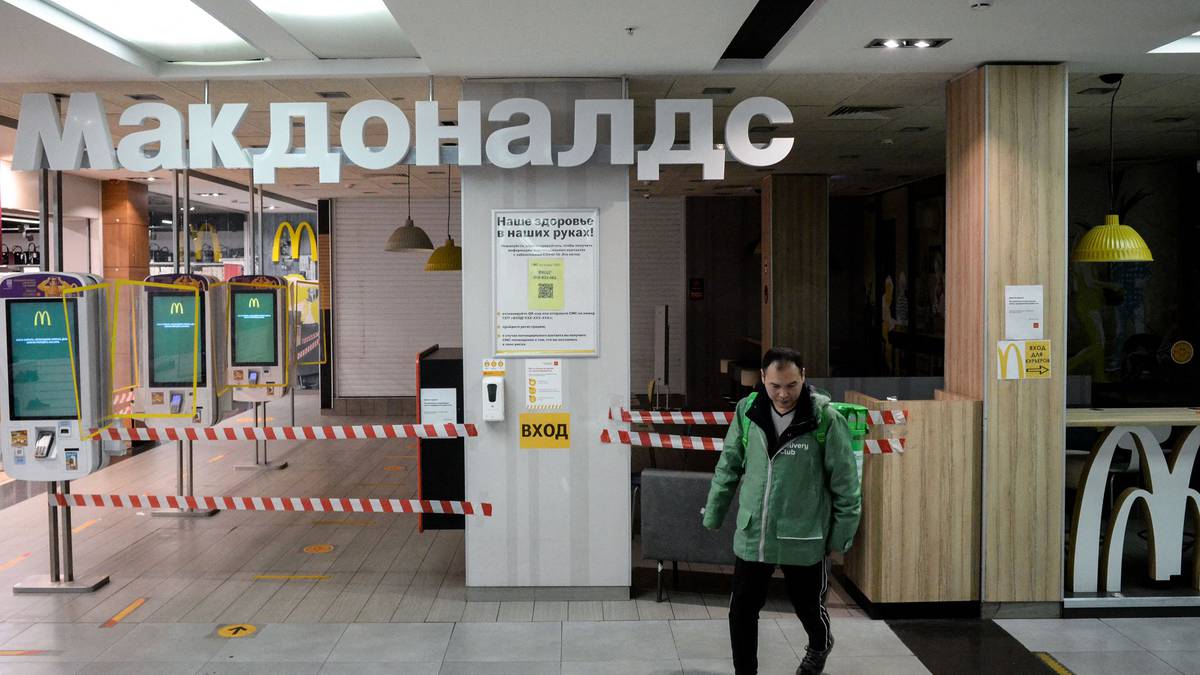After 30 years of business, McDonald’s leaves Russia for good

A few minutes every morning is all you need.
Stay up to date on the world's Headlines and Human Stories. It's fun, it's factual, it's fluff-free.
Three decades ago, McDonald’s opened its doors in Russia for the first time, and just a year later the Soviet Union fell. The opening broke records – the first Russian McDonald’s served around 30,000 customers, even staying open past closing time to accommodate the long line of customers. Since then, the Golden Arches have symbolically represented the end of the Cold War era and Russia’s embrace of Western capitalism.
In March of this year, though, McDonald’s temporarily closed its 850 stores across Russia amid the country’s invasion of Ukraine. Now, the American fast-food chain has announced it will be “de-arching” all of its Russian locations and leaving the country for good.
But, departure will come with a hefty price tag, ranging between US$1.2 to US$1.4 billion. According to McDonald’s recent earnings report, the company lost about US$127 million last quarter after closing its Russian locations temporarily.
The company, which employs around 62,000 people across Russia, said that its “priorities include seeking to ensure the employees of McDonald’s Russia continue to be paid until the close of any transaction and that employees have future employment with any potential buyer.” But, some have said that this move came after the company faced online criticism for its reaction to the war.
Key comments:
The decision was “extremely difficult,” said McDonald’s CEO Chris Kempczinski. “However, we have a commitment to our global community and must remain steadfast in our values. And our commitment to our values means that we can no longer keep the Arches shining there.”
“The fact that McDonald’s owns most of its restaurants in Russia means there is an asset rich business to sell," said Neil Saunders, managing director of GlobalData, a data analytics and consulting company based in England. “However, given the circumstances of the sale, the financial challenges faced by potential Russian buyers, and the fact that McDonald’s will not license its brand name or identity, it is unlikely the sale price will be anywhere near the pre-invasion book value of the business."
“There’s just this sickening feeling that they’re going to go back, not to the 1990s, but to the 1970s when you didn’t have access to these things, and when you were living isolated from the rest of the world,” said Dr. Angela Stent, former national intelligence officer for Russia on the National Intelligence Council and current Professor of Government and Foreign Service at Georgetown University.







Comments ()